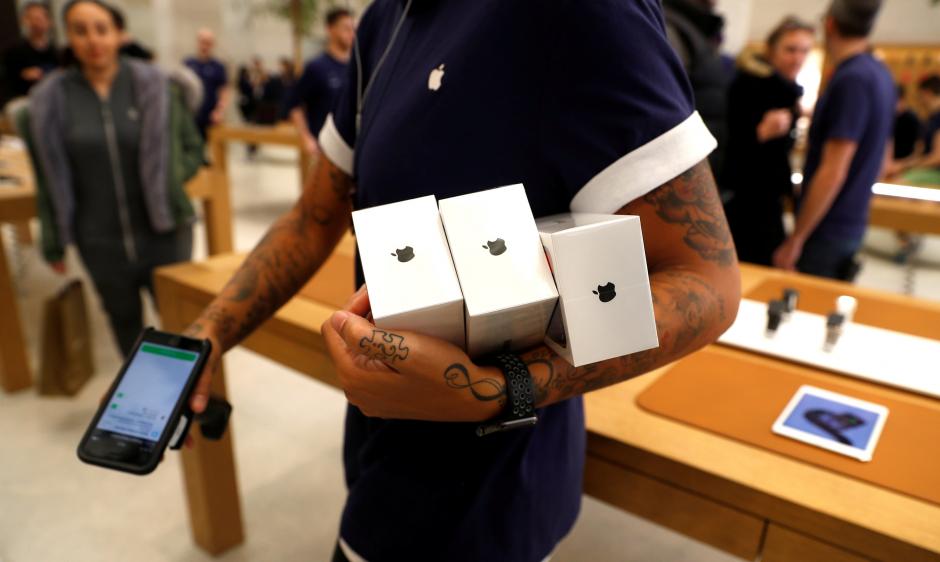Silenced AirTags With Disabled Speakers Are Popping Up for Sale Online
The AirTag, a small, easy-to-carry device about the size of a quarter, relies on Apple’s Find My network which leverages millions of Apple devices to discreetly keep tabs on the location of the trackers and report that information back to each tag’s registered user. The general idea behind the AirTag was that users could attach one to their keys, their backpack, or to other valuable items, and be able to quickly locate them if lost. To prevent their misuse, such as using an AirTag to track someone without their knowledge, iOS users would be eventually notified if a tracker registered to someone else was nearby, while Android users would have to rely on an audible beep that would start chirping three days after an AirTag was separated from its owner.
The product was ripe for abuse — a concern we emphasized in our initial review of the AirTags — and a couple of months after their debut Apple addressed those concerns with promised updates that would see Android users getting similar notifications as iOS users when an AirTag was nearby through a new Tracker Detect app that allowed Android users to more easily spot the devices. And the timeframe for when the trackers would start beeping after being away from its registered owner was shortened to a “random time inside a window that lasts between 8 and 24 hours,” according to a CNET report.


